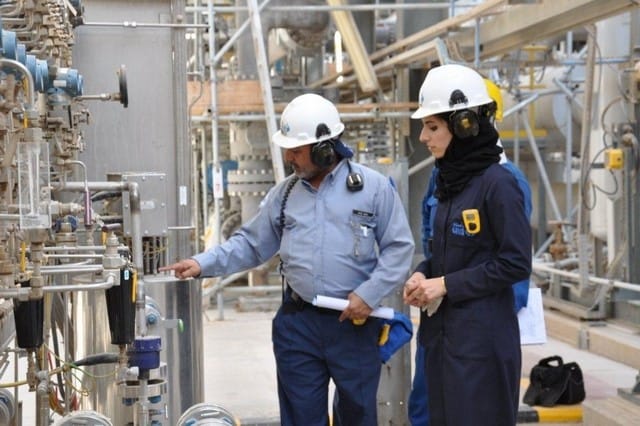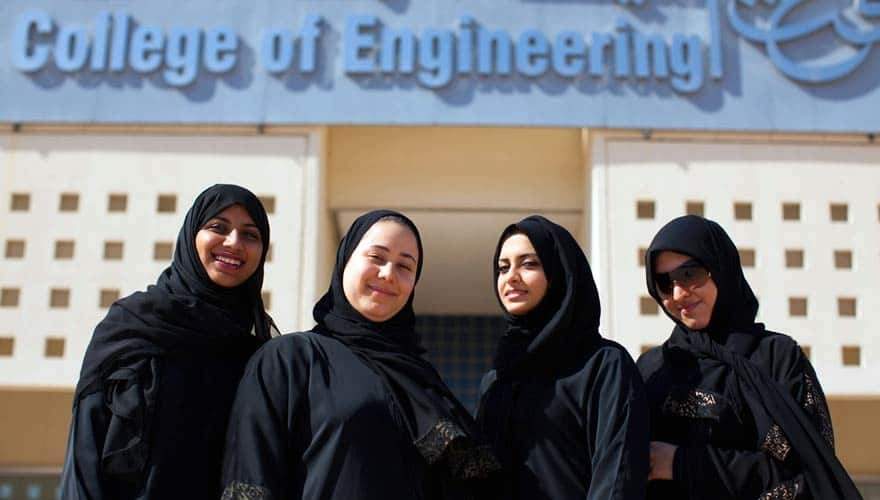A new cross-university study will investigate the reasons why female participation in engineering tends to be higher in predominantly Muslim countries than in the US.

Researchers from Purdue University, Washington State University and Western Washington University will explore the "micro- and macro-level facilitating conditions" behind higher women's participation in engineering in Jordan, Malaysia, Saudi Arabia and Tunisia. The percentage of women in engineering careers in these countries ranges from 24 to 50 per cent, which is substantially higher than the global average.
“If you look at overall women's participation in engineering (in the US) it's on the order of 15 to 20 per cent,” said Jennifer DeBoer, a principal investigator of the study and an assistant professor of engineering education at Purdue.
“Identifying factors that inhibit the participation of competent and interested women in engineering fields is a precursor to the nation gaining a competitive edge in sectors reliant on science and technology."
Research will involve focus groups with three distinct sets of women: engineering students, engineering faculty members and practicing engineers in industry. The study is being funded by a two-year $589,000 grant from the National Science Foundation, and will aim to identify the mechanisms that motivate women to pursue engineering as a curricular and career choice. According to Julie Kmec, a professor of sociology at Washington State, the high rates of women in engineering in predominately Muslim countries (PMCs) is interesting for a number of reasons.

“Women's engineering participation in PMCs is surprising for reasons beyond just the absence of collective national STEM-focused programmatic efforts to increase representation,” she said.
“Women in PMCs typically experience social, political and economic restrictions. In contrast, certain indicators suggest women's status in the United States is among the highest in the world."





Red Bull makes hydrogen fuel cell play with AVL
Formula 1 is an anachronistic anomaly where its only cutting edge is in engine development. The rules prohibit any real innovation and there would be...